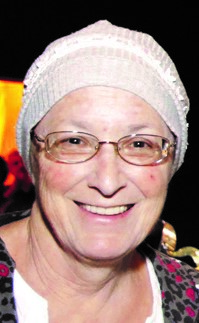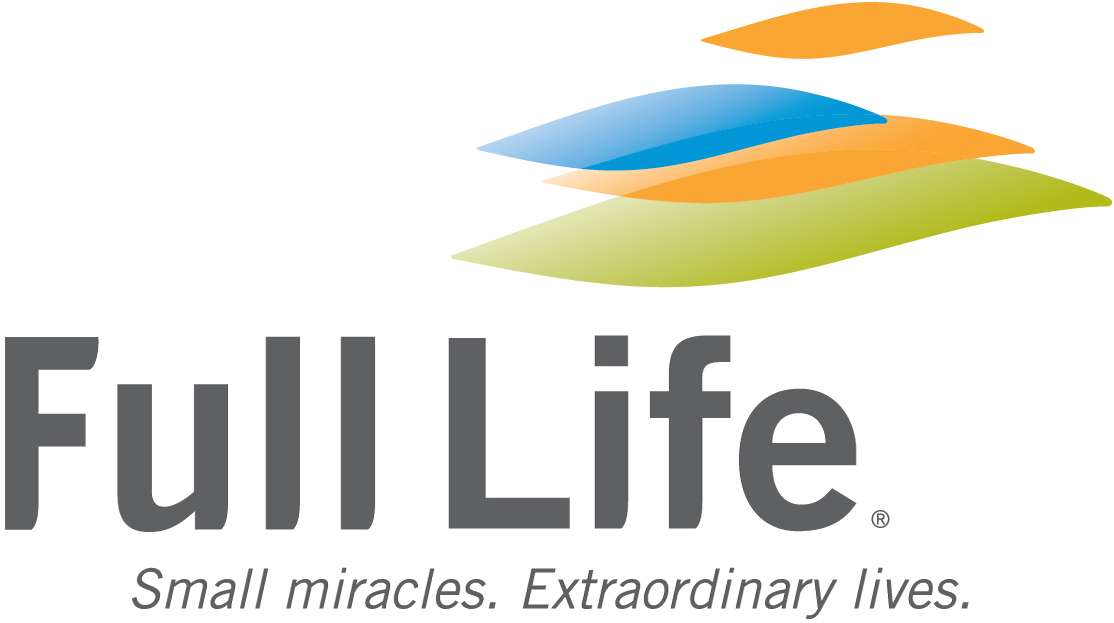 The success of Full Life Care’s mission and work relies on generosity from donors and volunteers. Your decision to include Full Life in your will and estate planning it the ultimate gift. You help shape the future of our programs and sustain our mission for years to come.
The success of Full Life Care’s mission and work relies on generosity from donors and volunteers. Your decision to include Full Life in your will and estate planning it the ultimate gift. You help shape the future of our programs and sustain our mission for years to come.
Every day, Full Life Care serves adults of all ages who live with chronic illnesses and physical or developmental disabilities. For decades, our programs of health and social services have preserved individuals’ dignity, supporting them to live as independently as possible in the community rather than living in isolation or institutional care.
Ready to plan? Full Life Care is happy to provide more information and discuss how planned giving can work for you and your family. Please contact Ramona Gagner at Ramona.Gagner@fulllifecare.org . We recommend you seek legal or financial advice from your professional advisors.
See “Why I Make a Planned Gift to Full Life Care,” by Barb Claitman.
Donate Now
Leave Full Life Care a Gift in Your Will
Consider a charitable bequest to Full Life in your will or living trust. An attorney can help you with options to incorporate a gift to Full Life Care into your estate plan. Your estate will receive an estate tax charitable deduction (for Washington and federal purposes) equal to the amount of your gift.
Designate Full Life Care as a Beneficiary
Full Life Care can become a beneficiary of your insurance policy, pension, retirement plan or IRA. To designate Full Life as a beneficiary, simply complete a new beneficiary designation form and submit it to the plan provider or insurer. A change to your will is usually not required.
Establish a Charitable Trust
A gift to a charitable trust allows a portion of your assets to benefit Full Life during your life or at your death. Gifts can be structured so you receive an income stream from the trust during your lifetime, with the balance passing to Full Life Care at the end of the trust term. Alternatively, the charitable trust may be structured so that Full Life receives an income stream during your lifetime with the balance of the trust passing to your children or other non-charitable beneficiaries at your death.
Live at Home, Give Your Home
Estate planning includes what to do with your home. Houses offer several unique planning opportunities. One example is a retained life estate, where you deed your home to Full Life Care, retaining the right to remain in the home for the remainder of your life. At your death, the home passes automatically to Full Life Care. With a retained life estate, you receive an income tax charitable deduction when you deed your home, based on the present value of the gift.
For information
Philanthropy and Communications
402.499.4444
Email
